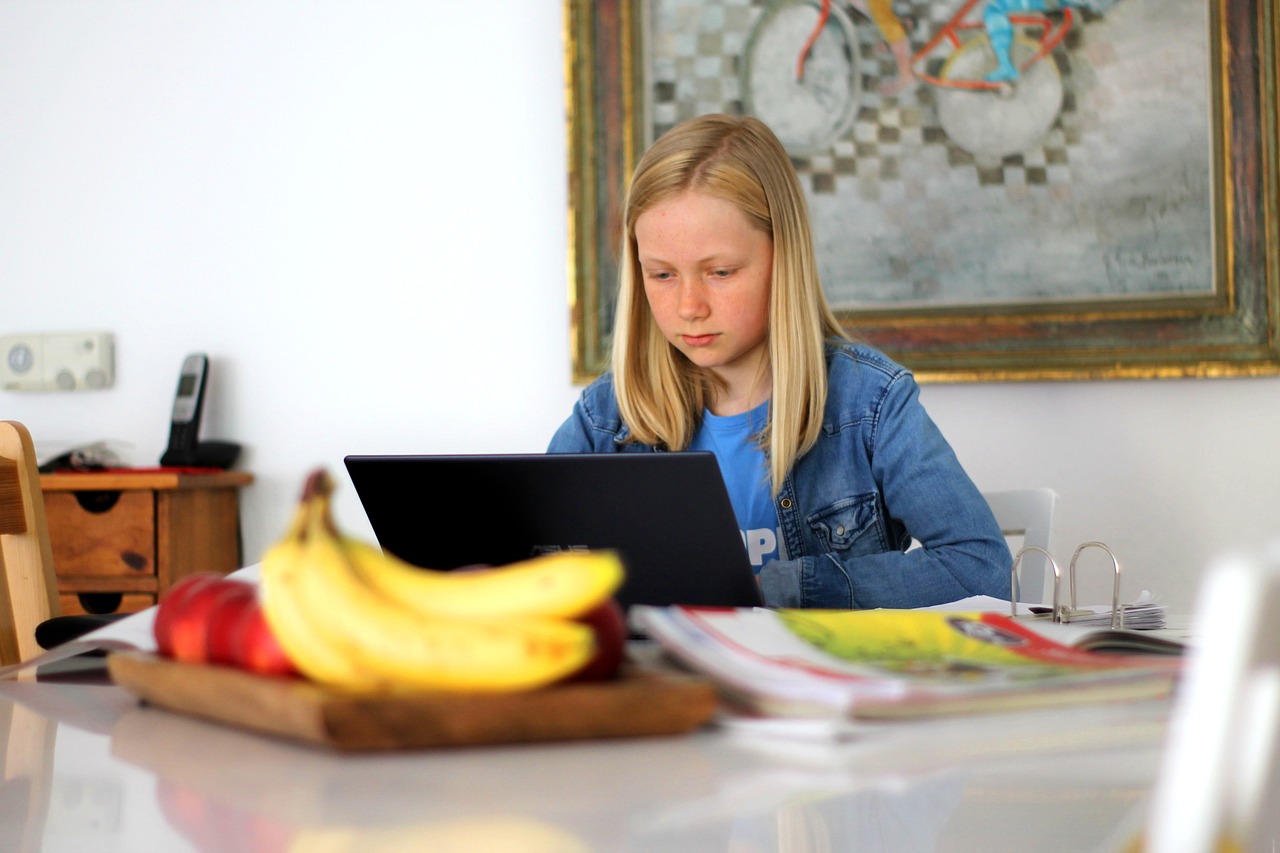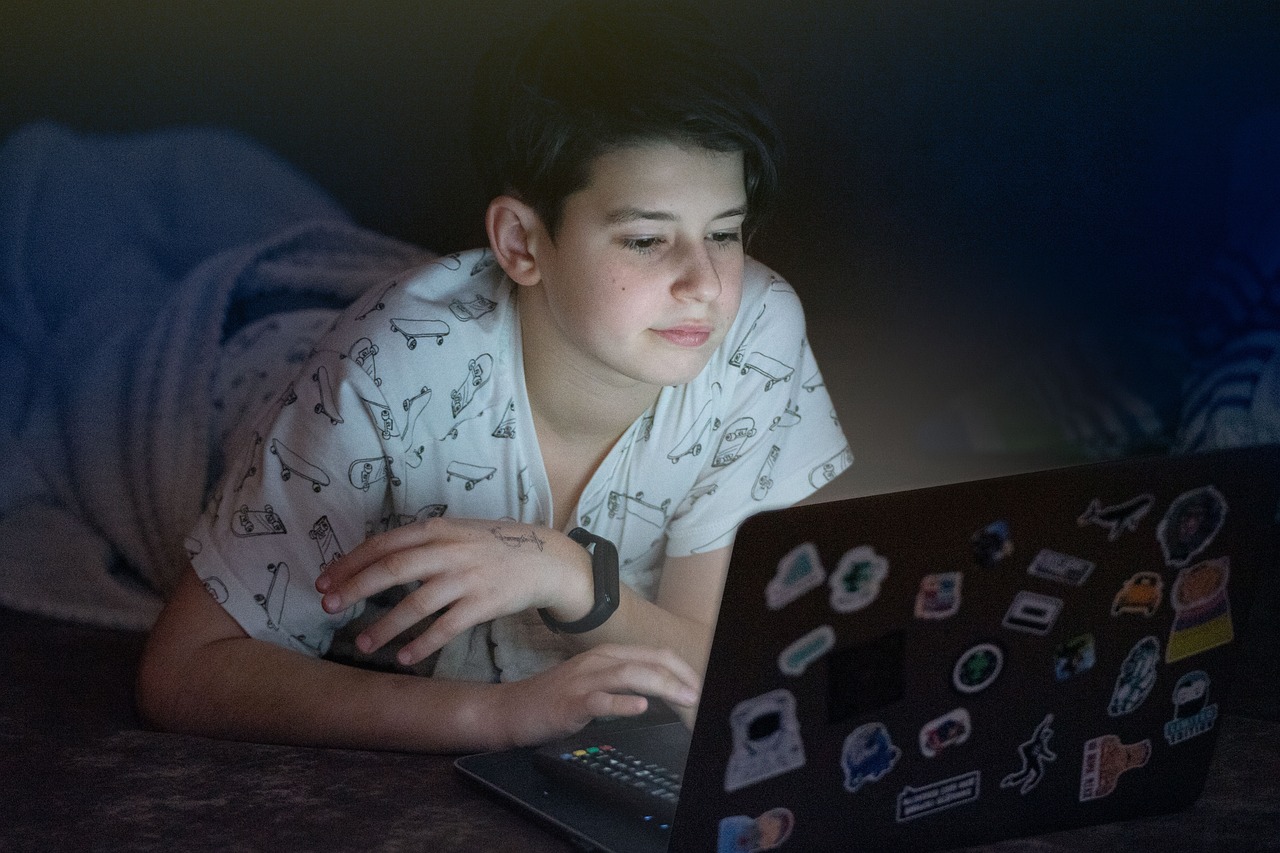Introduction:
The COVID-19 pandemic has undeniably reshaped our lives in numerous ways, with the surge in screen time being one of its most conspicuous effects. As people worldwide grappled with lockdowns, social distancing measures, and remote work or education arrangements, an inevitable shift towards increased reliance on technology ensued. This essay aims to explore the multifaceted impacts of the global health crisis on the escalation of screen time among individuals.
Body:
1. Drastic Transformation in Daily Routines:
The abrupt alteration in daily routines due to COVID-19 has led to a heightened inclination towards digital devices. Whether it be working from home, attending virtual classrooms, or even engaging in recreational activities online, these radical adaptations have propelled individuals into a realm where screens have become an indispensable part of their existence.
2. Virtual Education:
One particularly striking consequence of the pandemic has been the transition from traditional classroom settings to remote learning platforms. Students at all levels now find themselves grappling with virtual classes and online coursework as educational institutions strive to ensure continuity amidst unprecedented circumstances.
3. Remote Work Culture:
Similarly, countless professionals abruptly found themselves working remotely during lockdowns and beyond. With physical office spaces largely abandoned for home offices and teleconferencing tools becoming essential communication channels, employees had little choice but to embrace screens as conduits for productivity and collaboration.
4. Social Distancing Woes:
As restrictions on physical gatherings tightened globally, people sought solace through various means - prominently via social media platforms and video conferencing applications that facilitated virtual interactions. While this served as a temporary substitute for face-to-face connections, it inadvertently exacerbated screen time usage.
5. Entertainment Overdrive:
With limited access to outdoor recreational activities and entertainment venues shuttered indefinitely, individuals turned to digital forms of amusement more than ever before. Streaming services witnessed exponential growth as people sought escape and relaxation through binge-watching movies, TV shows, and online gaming - all of which necessitated screen engagement.
6. Mental Health Implications:
The incessant exposure to screens can have profound ramifications on mental well-being. Prolonged screentime has been linked to increased feelings of isolation, anxiety, depression, and disrupted sleep patterns. As individuals grapple with the challenges of the pandemic, these negative consequences further compound an already challenging situation.
Conclusion:
While the COVID-19 pandemic has brought about numerous societal changes, few have been as prevalent or transformative as the escalation in screen time. The reliance on digital devices for work, education, social interactions, and entertainment has become an inevitable consequence of our current reality. However, it is imperative that individuals strike a balance between digital engagement and real-world experiences to ensure their overall well-being remains intact amidst this unprecedented crisis.

